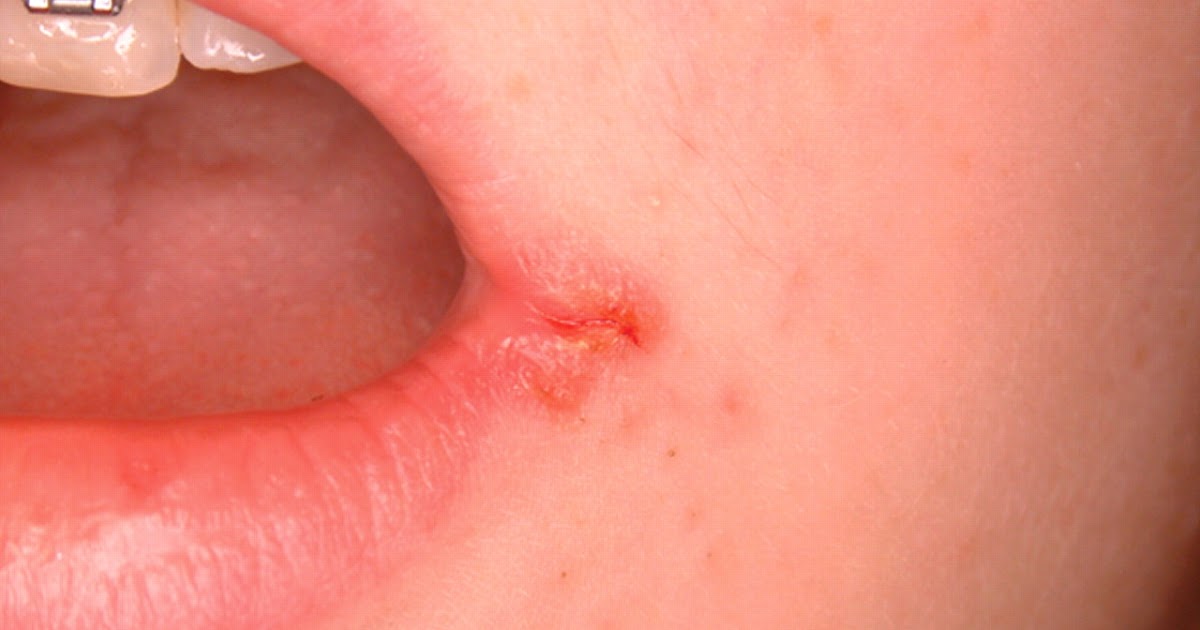Warning Signs Of Plummer-Vinson Syndrome
Weakness
Patients with Plummer-Vinson syndrome typically exhibit weakness, which may occur on exertion or at rest. The weakness seen with this syndrome is most often due to iron deficiency. Patients may notice they frequently feel tired, and lethargy is also common. Some individuals might experience shortness of breath after exertion, not necessarily just from physical exercise but also from daily activities. Since weakness can have many causes, patients should see a doctor if this symptom worsens or persists for longer than two weeks. To help in diagnosis, patients may wish to keep a journal noting the dates and times they have felt weak and what they were doing when the weakness or lethargy began. Physicians will examine the patient to detect potential lung or heart problems that could cause weakness, and blood tests will also be needed to look for iron deficiencies and other abnormalities that may be contributing to feelings of weakness. In cases where this symptom is caused by low iron, patients may experience relief through treatment with oral iron supplements. During periods of weakness, patients should try to rest and avoid overexertion.
Get familiar with more warning signs of Plummer-Vinson syndrome now.
Angular Stomatitis

Also known as angular cheilitis, angular stomatitis is a condition in which patients develop swollen, red patches at the corners of the mouth, normally on the outside of the lips. The patches can form on either one or both sides of the mouth, and they may be crusty or scaly. While some patients only experience mild symptoms, others develop bleeding and blisters that are often very painful. Itching may also be present, and the patient might develop a bad taste in the mouth that could lead to eating difficulties. When angular stomatitis occurs in patients with Plummer-Vinson syndrome, it is generally due to an iron deficiency. In addition to iron supplements, doctors will likely recommend the use of topical steroid ointments and topical antiseptics to treat angular stomatitis. Patients may find applying coconut oil or petroleum jelly at the corners of the mouth helps soothe the area, and these substances can also provide a protective barrier against saliva.
Uncover more key indicators of Plummer-Vinson syndrome now.
